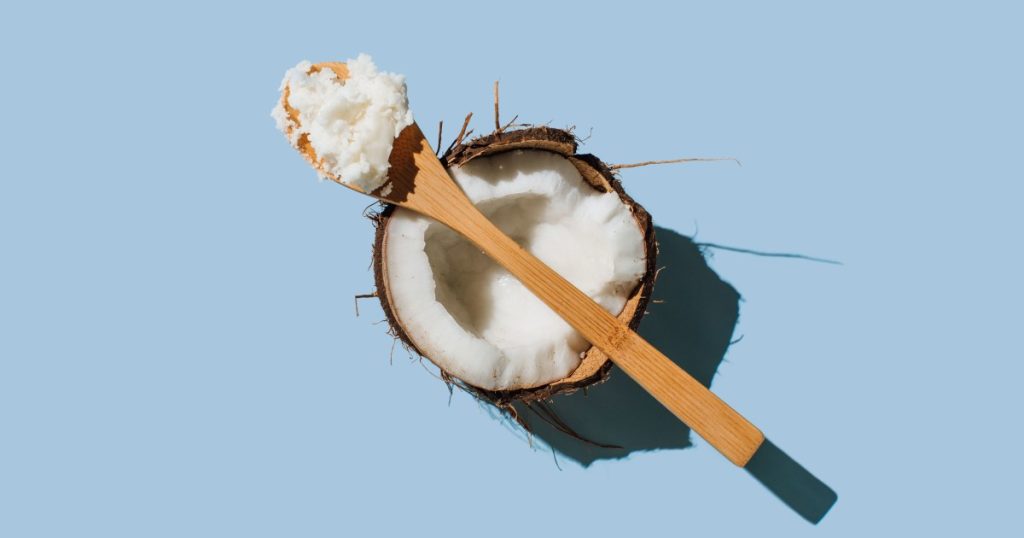Oil pulling is an ancient Ayurvedic practice that involves swishing oil around in the mouth to promote dental hygiene. While the traditional method involves using coconut, sesame, or other edible oils, the practice has evolved with the introduction of single-use oil pulling packets in various flavors. TikTok has many videos claiming that oil pulling can do more than just clean the mouth, such as whitening teeth, reversing tooth decay, fighting gum disease, and treating various oral health conditions. However, the research on the benefits of oil pulling is limited and mixed.
The process of oil pulling involves swishing oil around in the mouth similar to mouthwash for a period of time, ranging from two to 20 minutes. The idea is to clean the teeth and reduce harmful bacteria in the mouth that can contribute to plaque and tooth decay. Although influencers promote oil pulling for various systematic benefits like improving skin health and detoxing the body, there is not enough scientific evidence to support these claims. A 2022 meta-analysis found that oil pulling may help reduce salivary bacteria colony counts but had no significant effects on plaque or gingivitis.
While oil pulling can be effective in removing loose debris around the gums and teeth, other oral hygiene methods like toothbrushing and flossing are more effective. The practice of oil pulling has been surpassed by newer and more efficient ways to clean teeth, such as water flossers and irrigators. Therefore, oil pulling should be used as a supplementary dental hygiene practice in addition to brushing and flossing, rather than a replacement for these methods. Additionally, it is important to brush the teeth after oil pulling to ensure complete oral hygiene.
Oil pulling is generally considered safe, as edible oils are used, which are safe to put in the mouth and swallow. The only potential side effects of oil pulling may arise from swallowing too much oil, leading to stomach upset or diarrhea. It is important to spit the oil into the trash can instead of the sink to prevent clogging the pipes. Dentists do not condemn oil pulling, but they also do not recommend it as there is insufficient scientific evidence to support its benefits. The American Dental Association recommends brushing with fluoride-containing toothpaste, flossing, avoiding tobacco, regular dental visits, and routine cleanings as more effective oral hygiene practices.
If someone chooses to practice oil pulling, it is typically recommended to do it one to two times per day. However, it is important to consult with a dentist if there are questions or concerns about changing the dental hygiene routine. Dentists can provide tailored recommendations based on individual oral health needs and advise on the most effective oral hygiene practices. Ultimately, while oil pulling may offer some benefits, it should not replace proven methods of oral hygiene such as brushing and flossing.













